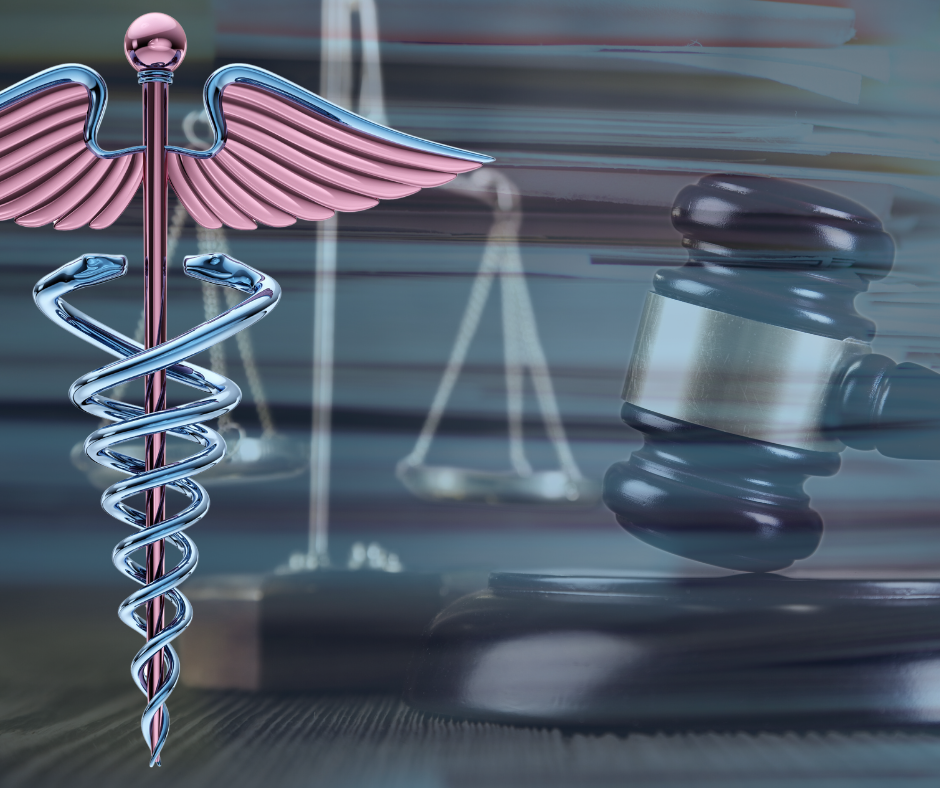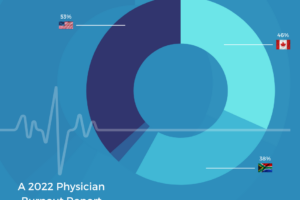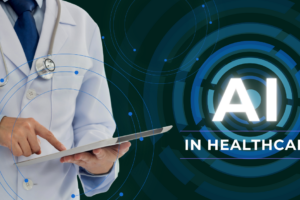The Role of AI Medical Scribes in Enhancing Healthcare Documentation and Reducing Medical Liability

The Role of AI Medical Scribes in Enhancing Healthcare Documentation and Reducing Medical Liability
AI medical scribes are transforming the healthcare landscape. Acting as digital assistants, these tools enable doctors to focus on patient care while enhancing the accuracy and completeness of medical documentation. By automating the documentation process, AI scribes reduce human error, potentially lowering liability risks for healthcare providers. As technology advances, AI medical scribes may play an increasingly significant role in clinical practice, patient safety, and overall healthcare efficiency.
The Impact of AI Scribes on Clinical Practice
AI medical scribes are transforming clinical workflows, helping doctors focus more on patient interactions and less on administrative tasks. These tools are enhancing both the accuracy of medical records and the overall efficiency of healthcare settings.
Increasing Accuracy in Documentation
AI medical scribes streamline the documentation process, reducing common errors and improving the quality of medical records. Equipped with a deep understanding of medical terminology and complex health information, these tools capture critical details often overlooked by busy healthcare providers. This increased accuracy not only improves patient care but also supports providers in legal situations where accurate records are essential for defense.
Better documentation also means fewer mistakes in patient care, reducing the risk of adverse outcomes and ensuring that patient histories are well-documented for future reference. With fewer discrepancies, physicians can make more informed decisions, ultimately enhancing patient outcomes.
Streamlining Workflow and Reducing Burnout
AI medical scribes handle documentation tasks, freeing physicians to concentrate on patient interaction and care. This shift reduces the administrative burden on healthcare providers, allowing for more personal and productive consultations. In reducing the need for constant data entry, AI scribes contribute to lower stress levels and job satisfaction among healthcare professionals. By updating records in real-time, AI scribes also enhance teamwork, enabling quick and informed decisions.
Understanding Medical Liability
Medical liability refers to the legal accountability of healthcare providers for harm caused by negligence or misconduct. Inadequate documentation can be a major factor in medical liability cases, as incomplete or incorrect records make it difficult to defend against malpractice claims. Factors contributing to poor documentation often include:
- Time constraints
- Complex or inefficient documentation systems
- Inadequate training
- Clinician fatigue
Across various regions, the impact of documentation issues on medical liability is significant:
| Country | Percentage of Cases Involving Documentation Problems |
| USA | 35% |
| CANADA | 28% |
| SOUTH AFRICA | 42% |
AI medical scribes can help mitigate these issues by providing comprehensive and accurate records, potentially reducing the risk of medical liability.
The Consequences of Poor Documentation on Medical Malpractice
Poor or incomplete documentation in healthcare can have serious repercussions and lead to serious consequences. In the United States, medical errors—many resulting from inadequate documentation—are estimated to cause up to 440,000 deaths annually.
In Canada, malpractice claims cost the healthcare system approximately $237 million each year, and in South Africa, poor documentation is associated with 55% of preventable adverse hospital events.
Patients and healthcare providers alike suffer from the impact of poor documentation. Patients may experience misdiagnoses, delayed treatments, or unnecessary procedures, leading to prolonged hospital stays and increased medical expenses. For providers, poor documentation can result in higher insurance premiums, costly lawsuits, and damage to professional reputations.
Financial and Psychological Impact on Healthcare Providers
For healthcare professionals, inadequate documentation can lead to financial penalties, sanctions, or even loss of licensure. The stress associated with potential legal issues often contributes to physician burnout.
By creating more accurate records, AI-powered medical scribes offer a solution to many of these challenges, supporting providers by:
- Reducing the likelihood of malpractice claims
- Lowering insurance premiums
- Decreasing stress related to documentation tasks
AI-powered medical transcription systems streamline documentation, allowing doctors to deliver safer, higher-quality care without the burden of extensive paperwork.
Reducing Malpractice Risks with AI Medical Scribes
AI medical scribes capture essential information during patient consultations in real time, ensuring that nothing is missed. Studies have shown that using AI medical scribes can reduce documentation errors by 30%. Moreover, AI medical speech-to-text transcription further supports physicians by quickly transforming spoken notes into written records with accuracy.
Benefits of AI medical scribes include:
- Improved data accuracy
- Faster and more efficient note-taking
- Less chances of missing critical information
- More time for physicians to focus on patient care
One prominent example of an efficient AI-driven medical scribing technology is Dorascribe, a solution that many healthcare providers have found beneficial.
AI medical scribes are instrumental in lowering malpractice risks by reducing errors and enhancing documentation quality.
The Potential of AI Medical Scribes to Revolutionize Healthcare Documentation
As technology evolves, AI medical scribes are likely to play an even larger role in healthcare. Their potential to reduce documentation-related errors and enhance clinical efficiency could lead to significant improvements in both patient care and healthcare operations.
By alleviating the documentation burden, AI scribes help reduce physician burnout, improve job satisfaction, and support better clinical outcomes. More comprehensive records also enhance trust and communication between doctors and patients.
In addition to reducing liability risks, the efficiency gains associated with AI medical scribes may have financial benefits, potentially enabling doctors to see more patients without extending working hours. As AI transcription technology advances, it will continue to streamline documentation processes, making healthcare systems more efficient and effective.
Conclusion
AI medical scribes hold significant promise for transforming healthcare documentation. By reducing the administrative burden on physicians, AI scribes allow for more meaningful patient interactions, improving care quality and reducing burnout. Their ability to generate accurate and comprehensive records also plays a crucial role in reducing liability risks and minimizing errors that could lead to malpractice claims.
In addition to improving patient safety, AI medical scribes can contribute to financial benefits for healthcare providers by increasing efficiency, reducing overtime, and enabling physicians to see more patients. As AI-powered transcription technology continues to advance, its potential to support healthcare documentation and patient safety will only grow, paving the way for a more efficient and patient-centered healthcare system.







